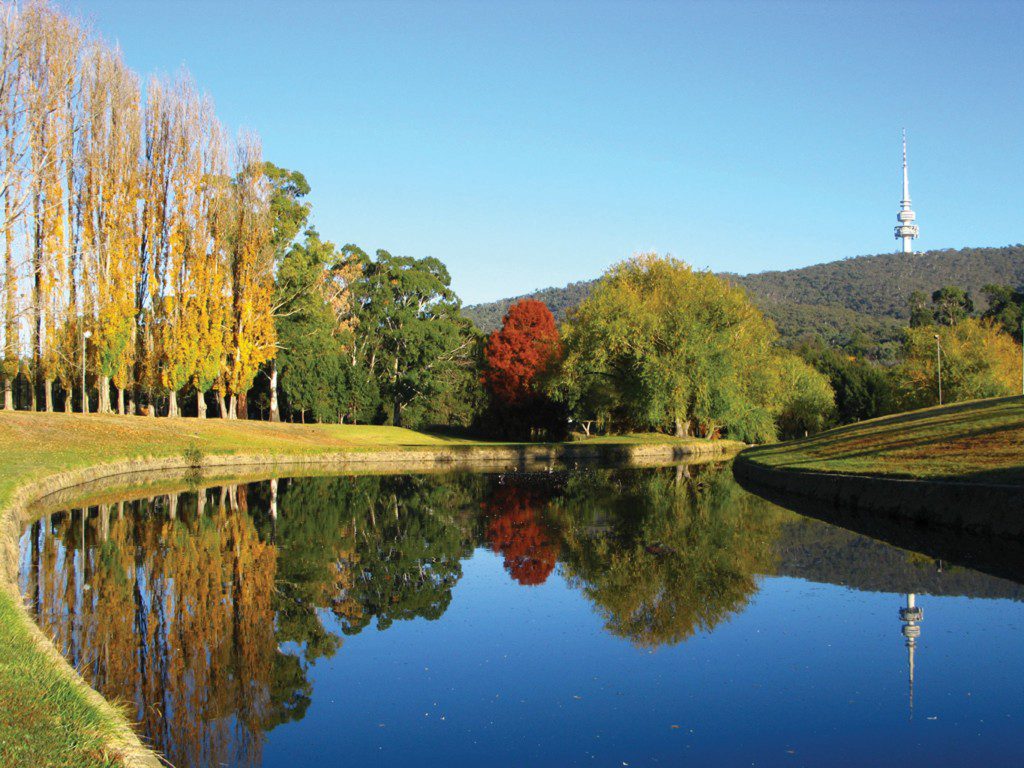Representatives from the Australian Research Council (ARC) have revealed in Senate estimates that the ARC has been collecting “sensitivity” files for several years on some academics who applied for research grants from the organisation. This includes some ANU academics.
The representatives told estimates that the ARC compiles a list of information surrounding the “sensitivities” of academics when it prepares research grant recommendations for the Education Minister.
The Chief Executive of the ARC, Professor Sue Thomas, stated that when the ARC creates grant recommendations, it “scans for items in the public domain that might be controversial”.
Kylie Emery, the ARC Branch Manager, told the hearing that this information includes media reports and links between individuals and the institutions listed on the Australian Strategic Policy Institute (ASPI)’s “China Defence Universities Tracker”.
The Universities Tracker lists institutions such as Chinese civilian universities, People’s Liberation Army institutions, China’s nuclear weapons program, several Chinese government agencies, and Chinese state-owned defence industry conglomerates.
ASPI created the database to enable “universities, governments, the business community and scholars to conduct due diligence as they engage with entities from China”.
Representatives of the ARC told estimates that if the ARC finds a potential sensitivity, they “will seek further advice from national security experts as to whether there’s an actual concern”.
In March, the Parliamentary Joint Committee on Intelligence and Security (PJCIS) revealed that the ARC rejected two research grants from the ANU. The ANU’s Vice Chancellor, Professor Schmidt told the Committee: “We were told ‘national security grounds’. I believe that was the fullness of the answer. That is all.”
The ANU is not aware of any additional cases of research grants being denied funding on national security grounds since then. In a statement following March’s PJCIS, an ANU spokesperson stated:
“The Australian National University serves all Australians. It takes this responsibility seriously, and in particular, the work we do each day to advance Australia’s prosperity, wellbeing and national interest.
For many years, ANU has been working comprehensively to address the issue of potential foreign interference. We have partnered with the Australian Government to help develop foreign interference guidelines for the entire university sector. ANU is a member of the University Foreign Interference Taskforce (UFIT)”. The spokesperson stated that the ANU “should support UFIT to do its job.”
Senator Carr, a former research minister under the Rudd and Gillard Governments, expressed concerns over the ARC’s process. Leading Monday’s estimates hearing, he raised the issue of a lack of transparency in the ARC’s process, and the absence of a legitimate avenue to challenge the information.
“If people’s livelihoods, if their reputations, their career prospects are clearly at risk as a result of this secret investigation, then the individuals’ civil rights are entitled to be protected,” said Senator Carr.
“If there is a blacklist operating I want to know on what basis that occurs”
A University spokesperson also indicated that further transparency in the ARC’s process would be beneficial, even as collaboration between the ANU and Australia’s national security agencies on issues of foreign interference continues to increase.
“We also note greater clarity around how the Government applies a security lens to Australian Research Council grant applications will help researchers provide appropriate information and build confidence in the process,” said an ANU spokesperson.
They stated that the ANU has “invested in improving [its] internal capabilities and [has] built on [its] already strong ties with Australia’s security agencies.” The spokesperson said “[w]e have learned from our experience and published a comprehensive report on our cyber attack so that our pain can be others’ gain.”
We acknowledge the Ngunnawal and Ngambri people, who are the Traditional Custodians of the land on which Woroni, Woroni Radio and Woroni TV are created, edited, published, printed and distributed. We pay our respects to Elders past and present. We acknowledge that the name Woroni was taken from the Wadi Wadi Nation without permission, and we are striving to do better for future reconciliation.
